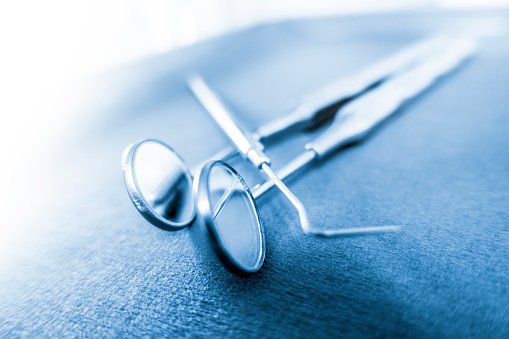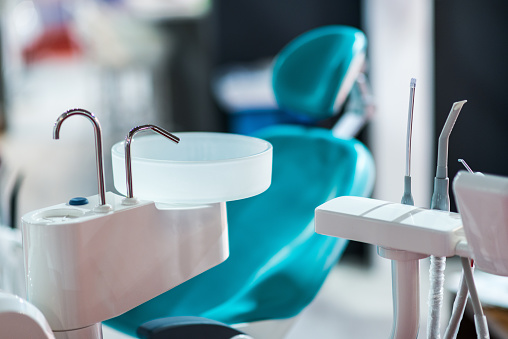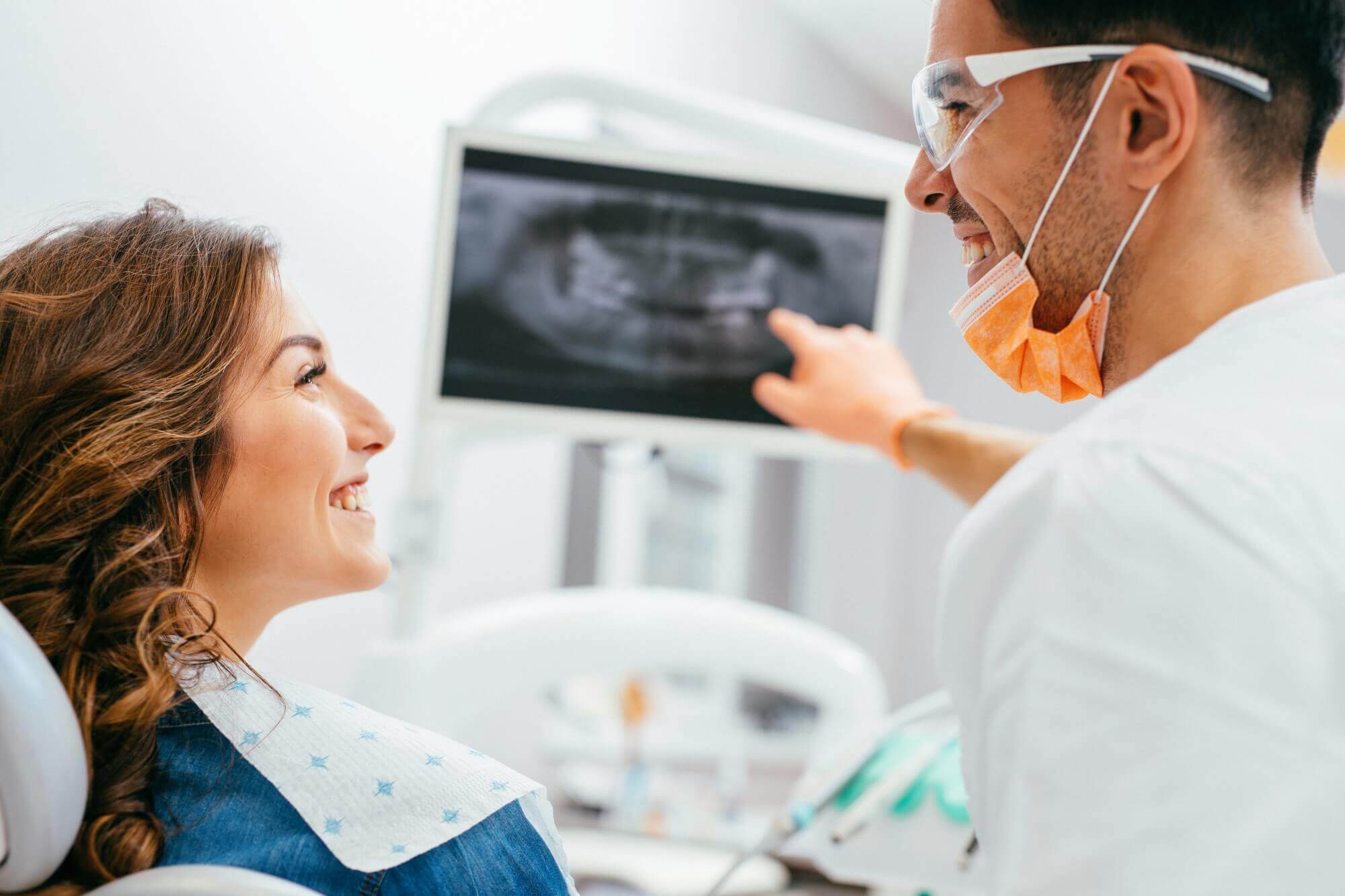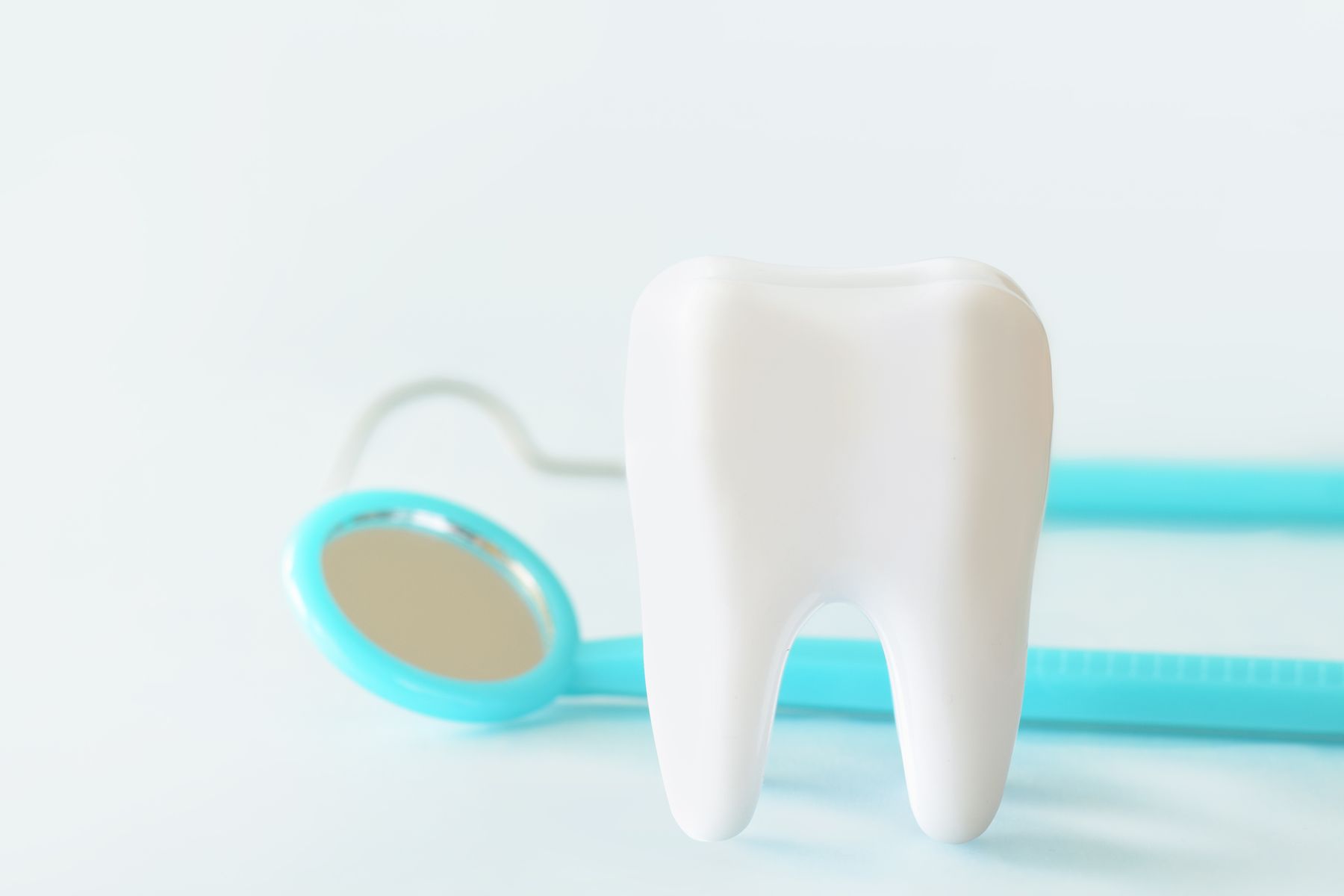Most states allow for a dentist to hold licensure in multiple states. This allows dental professionals the ability to move freely throughout the country and continue to practice dentistry based on their current situation. However, any dentist seeking licensure in another state must comply with that state’s licensure requirements.
Although many states model their rules after the educational and experiential requirements set by the American Dental Association (ADA), each state sets its own conditions by statute.
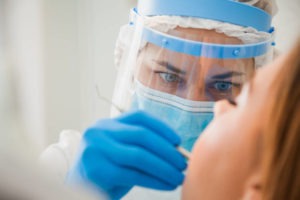
If you are experiencing issues with your dental license or have been accused of misconduct, reach out to our team for assistance.
The Benefits of Holding Multiple Dental Licenses
Although there is no direct benefit to holding multiple dental licenses in more than one state, many dental professionals cite the flexibility to move their practice based on their personal circumstances as the main benefit of holding multiple licenses. Generally, the standard of care for patient treatment does not change from state to state.
Even though each state may have its district rules for educational requirements and time spent practicing dentistry, the standard of care almost always stays the same. This is because virtually all states adhere to the same standards established by the ADA and the Commission on Dental Accreditation (CODA). Per Chapter 108 of the Texas Administrative Code, a dentist in the State of Texas shall “conduct his/her practice in a manner consistent with that of a reasonable and prudent dentist under the same or similar circumstances.”
The Required Qualifications to Become a Licensed Dentist in Texas
The Texas State Board of Dental Examiners (TSBDE) is the agency charged with providing dentists and dental professionals the necessary licensure to practice dentistry in the State of Texas. To be a Texas dentist, you must:
- Be 21 years old
- Have graduated as a Doctor in Dental Surgery (DDS) or a Doctor in Medical Dentistry (DMD) from a CODA dental school
- Have passed Part I and Part II of the ADA’s Joint Commission on National Dental Examinations
- Have passed a TSBDE-approved regional board clinical exam within five years of your application
As of October 2021, dental licensure applicants must also complete and submit proof of completing a Texas Health and Human Services Commission-approved course on the prevention of human trafficking.
Does the TSBDE Have Any Special Requirements for Out-of-State Dentists Looking to Become Licensed in Texas?
Yes. If you are already licensed to practice in another jurisdiction, Texas requires additional qualifications on top of those provided above, except for completing a Texas-administered dental exam. Dentists who are seeking licensure based on their credentials must also show that they are a licensed dentist of good standing in another state or of the District of Columbia after successfully completing their state’s general dentistry exam.
Further, the dentist must have practiced dentistry for three to five years before applying for a Texas dentistry license or served as a dental educator at a CODA-accredited institution for five years before submitting an application. Applicants must also meet the following qualifications:
- They have not received any disciplinary actions or felony convictions before applying for a license.
- They have completed the TSBDE Jurisprudence Assessment within 12 months prior to submitting their application.
- They hold a current Basic Life Support (BLS) CPR certificate.
- They have completed 12 hours of continuing education courses in the 12 months prior to submitting their application, per Chapter 104 of the Texas Administrative Code.
Click to contact our professional license defense lawyers today
What If You Are a Graduate of a Non-Coda Accredited Institution?
If you are a licensed dental professional who is looking to apply for a license in Texas but you have attended an unaccredited school, the TSBDE may still allow you to practice dentistry in Texas. However, including the above requirements, the TSBDE also requires dentists to have two years of successful training in an ADA-approved specialty from a CODA-accredited educational program.
The dental specialties Texas recognizes for applicants seeking licensure with a dental degree from a non-CODA accredited program include:
- Endodontics
- Periodontics
- Oral and maxillofacial pathology, surgery, or radiology
- Orthodontics
- Dentofacial orthopedics
- Pediatric dentistry
- Dental public health
- Prosthodontics
Complete a Case Evaluation form now
If You Are Licensed to Practice Dentistry in Another State, Do You Need to Provide the TSDBE with Information About Your License?
Yes. The TSDBE requires current dental license holders from another state licensure from the state in which you are authorized to practice. In addition, the verification must include an imprint of the state seal in which the dental board sits.
The TSDBE requires the verification to be delivered in a sealed and unopened envelope.
When You Should Start Your Application for an Additional Dentist License in Texas
The TSDBE does not provide applicants a timeline for the amount of time it takes to process and complete a dental license application. Because applicants need to gather specific documentation, including personal identification and information about their credentials and training, we suggest starting the process a few months in advance—well before any plans to start practicing in the State of Texas.
In our experience, some applicants have a relatively smooth time applying for a license. However, applicants in the past have complained of delays regarding obtainingthe proper documentation from their dental school or the state board under which they practice.
The Cost to Apply for Dental Licensure in Texas
There are several forms of fees associated with a dental license application, depending on your particular circumstances. Below is a breakdown of the fee structure for Texas dental licenses:
- Examination license: $360.00
- Credential license: $2,945.00
- Foreign graduate license: $360.00
- Temporary license: $895.00
- Reinstatement of a canceled license: $411.00
Benefits and Discounts Related to Dental Licensure Applications
All active-duty military personnel, veterans, spouses, limited volunteers, and those with military spouse authorization may apply for a dental license in Texas for free. If you fall under these categories, you will need to provide the following paperwork with your application:
- A copy of your or your spouse’s military orders
- An I.D. Card or proof of an Honorable or General Discharge from the military
Contact Our Attorneys for Help Today with Issues Related to Dental Licensure
At Bertolino Law, we defend licensed professionals against allegations of misconduct. We also provide representation to professionals looking to expand their practice in the State of Texas. If your licensing board has opened an investigation regarding a complaint made against you, please contact us for a free consultation or visit our website to learn more.
Call or text (512) 476-5757 or complete a Case Evaluation form


